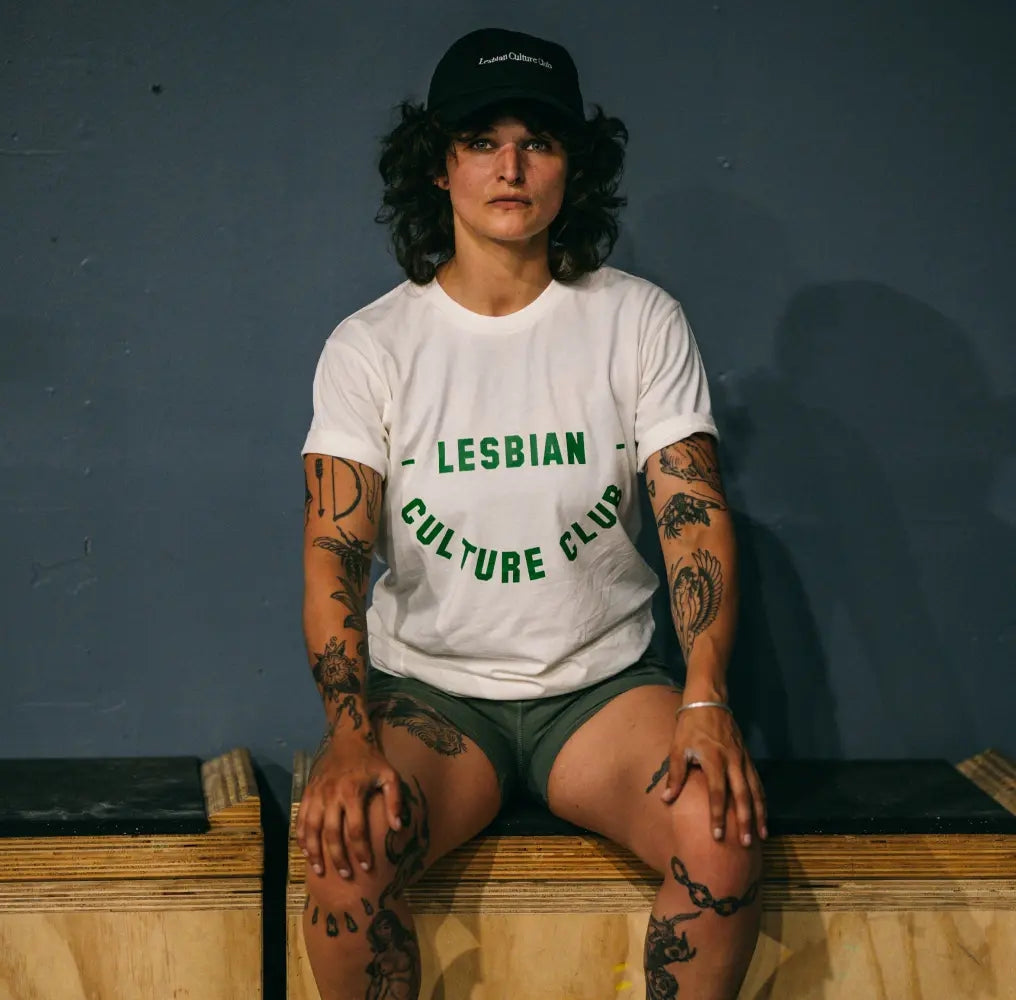
Can you tell us a bit about your background and what brought you to Portland?
I grew up in Portland. I have lived in every corner, all five quadrants. I am happy to be residing in Southeast, just a neighborhood away from where I went to elementary school. If you had asked me 20 years ago where I thought I would be now, I would have responded sarcastically “let's just see if I make it to the next year, first”. Never believing I would make it past 25 in all reality, now I’m just taking it one day at a time.
How did you first become involved in your current field or community?
I have been struggling with autoimmune disorders, chronic pain and joint issues my whole life. After years of different doctors, labs, scans, steroid shots, PT, OT, self-medicating, not making any improvement or clear answers; the days of walking without pain were becoming fewer. I was finally diagnosed with Ehlers-Danlos syndrome (EDS). I was told surgery was in my near future to start replacing joints, starting with my left shoulder, then the hips. I was determined to do what I needed to not let that happen. I was fed up feeling weak and frail and that my body was failing. It was less than a week later a friend of mine became a Powerlifting coach. She had told me how much she thought I would enjoy the sport and benefit from it. One of the big NO-NOs of having EDS is to do anything that may strain the bendy parts of your body, like lifting heavy things repetitively. I was hooked after the first week.
Can you tell us how and why you got into competitive Powerlifting?
After nine months of consistent training, my coach asked if I wanted to compete. I was surprised that a joyful “YES” was my response. I have never been an athlete, I have never competed in a sport. We were so excited with the growth and progress my body had gone through, I trusted my coach. I now have a platform record.

How do you balance your physical training with rest and recovery to stay healthy and avoid burnout?
This sport has given me more than strength. I have finally found this mind-body connection that I couldn't feel before. I want to see what this body can do. As it changes I have had to try different approaches to keeping a good balance in my life so I can keep progressing. I do not drink, I get to watch the sunrise every morning. I have a ritual on training days that begins with good sleep, fueling up right before and after training days (I do a lot of batch meals and overnight oats). I have what I call “my dailies” - these are my intentional dynamic movements, stretches, and words of intention to set me and my flesh suit up for the results we need.
What are the key elements for you in sustaining a healthy and happy lifestyle?
What are some of your proudest achievements or milestones?
I can lift both of my arms over my head, I hadn’t been able to do that since high school.
How has your identity influenced your work and contributions to the community?
As a neurodivergent queer person with multiple autoimmune disorders, it has always been a struggle to feel comfortable while trying new things out. I have never felt more a part of something like I do when I am training with all of my fellow athletes at Ironside.
What challenges have you faced, and how have you overcome them?
I thought I was learning how to build muscle to become stronger. Indeed I was, but first, I had to lose my ego. For me that looked like imagining my ego was a backpack and I had to take it off before entering the gym. Constantly being humbled by 5 pounds, taking the recovery time I need for my body between sets, listening to my joints when they have been pushed and having to call it. My goals each session might change, but my number one mantra has to be “slow down”.
What advice would you give to others facing similar challenges?
Learning to listen to your body is scary. We hold so much tension, trauma, stagnation in our bodies, some are even compounding. Once you make the choice to go on a training journey, be prepared to go on a rollercoaster. Once you have unlocked a new movement, a new clicking begins, once the clicking is addressed you feel that you favor your right knee and can't lift more until that guarding is suppressed. Don’t be scared of what your body is telling you. Slow it down, address the small stuff.
How do you stay connected with the local LGBTQ+ community?
I had the privilege of participating in Seattle's Pride event, Pull-a-Palooza, this year. It is so fun to do events near and far. Also, it felt good getting a 20LB PR on that platform.

How has being part of the LGBTQ+ community influenced your approach to health and happiness?
It is a fact that without community I wouldn’t be here. It is my community of queers that brings me joy, reminds me to celebrate it everyday, and that I am deserving to feel good in this body. There is some strong energy that occurs when you are surrounded by peers who are legit cheering for you. LETS GO!!
Who or what inspires you the most in your personal and professional life?
Watching the dedication and efforts of the coaches and facilitators who put powerlifting events on is incredible. I hope to be able to volunteer and keep learning from these professionals.
What are your future goals, both personally and professionally?
Next year I will compete and earn a state record. Maybe two.
Where can people find you via social media, a website, etc.?
Instagram: @SomaticSensations
